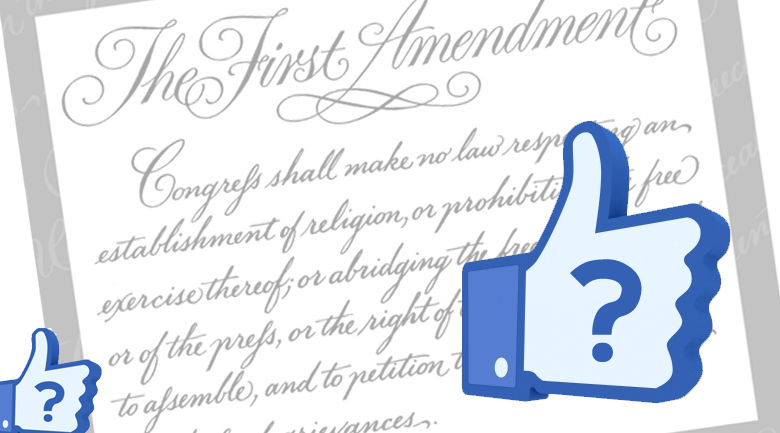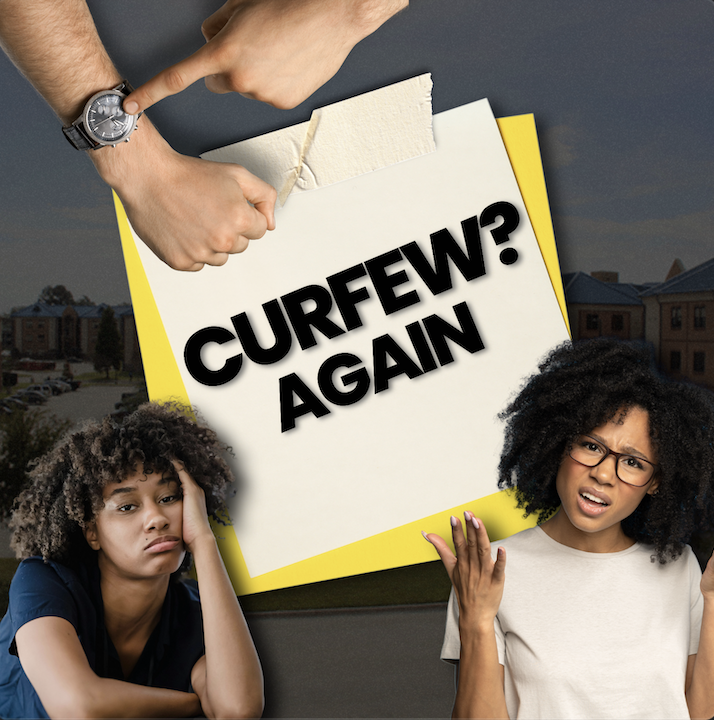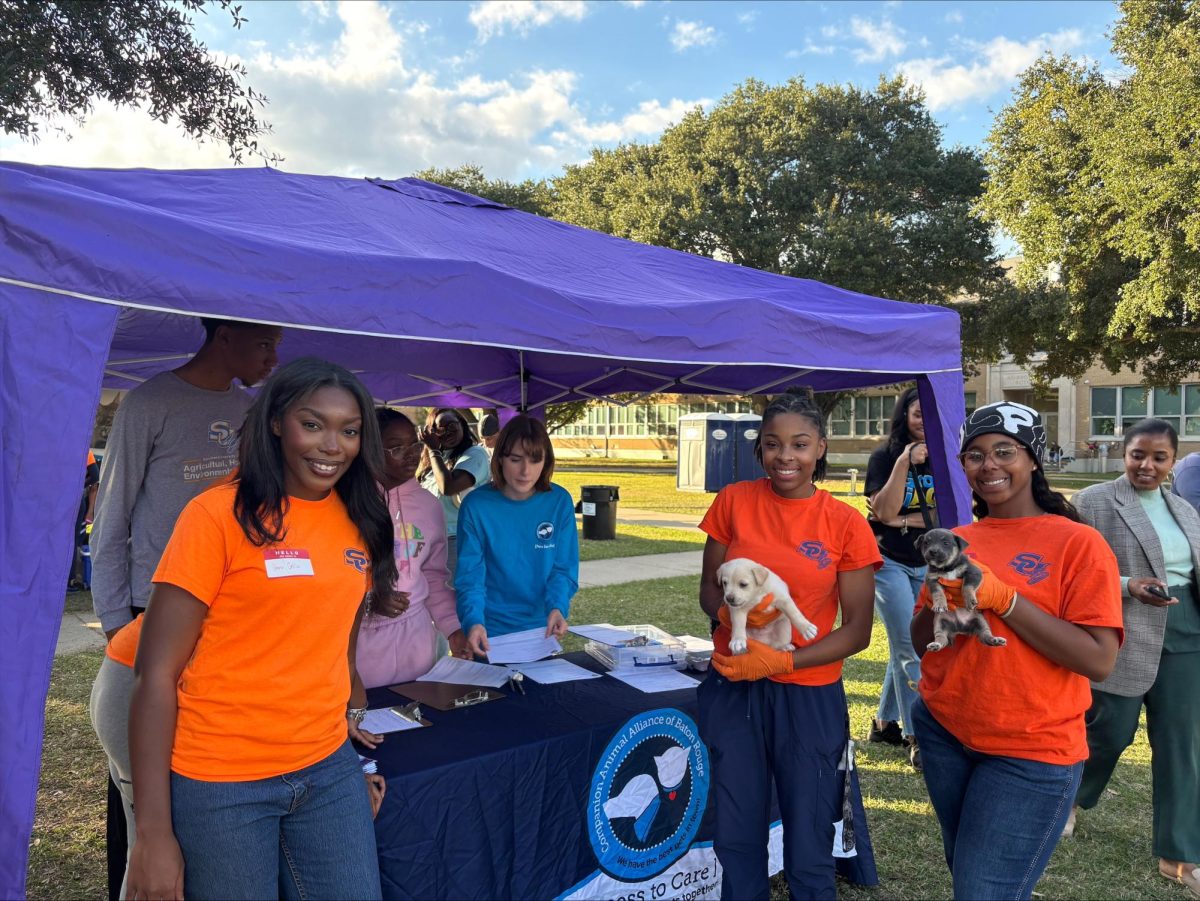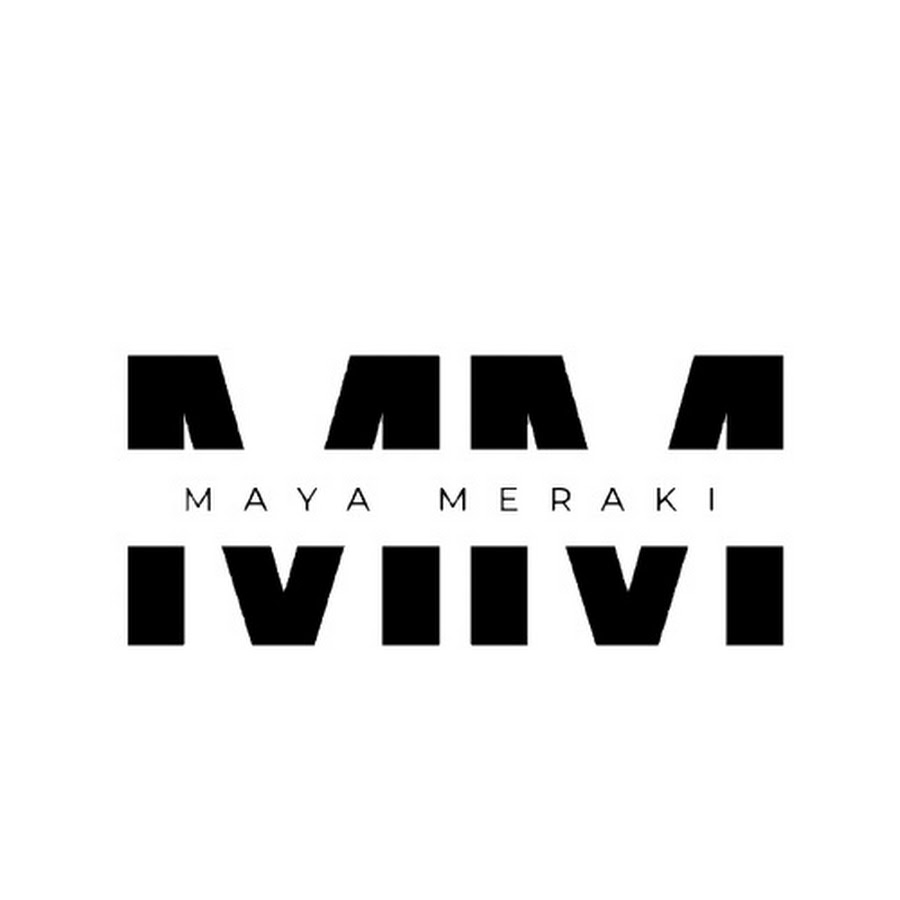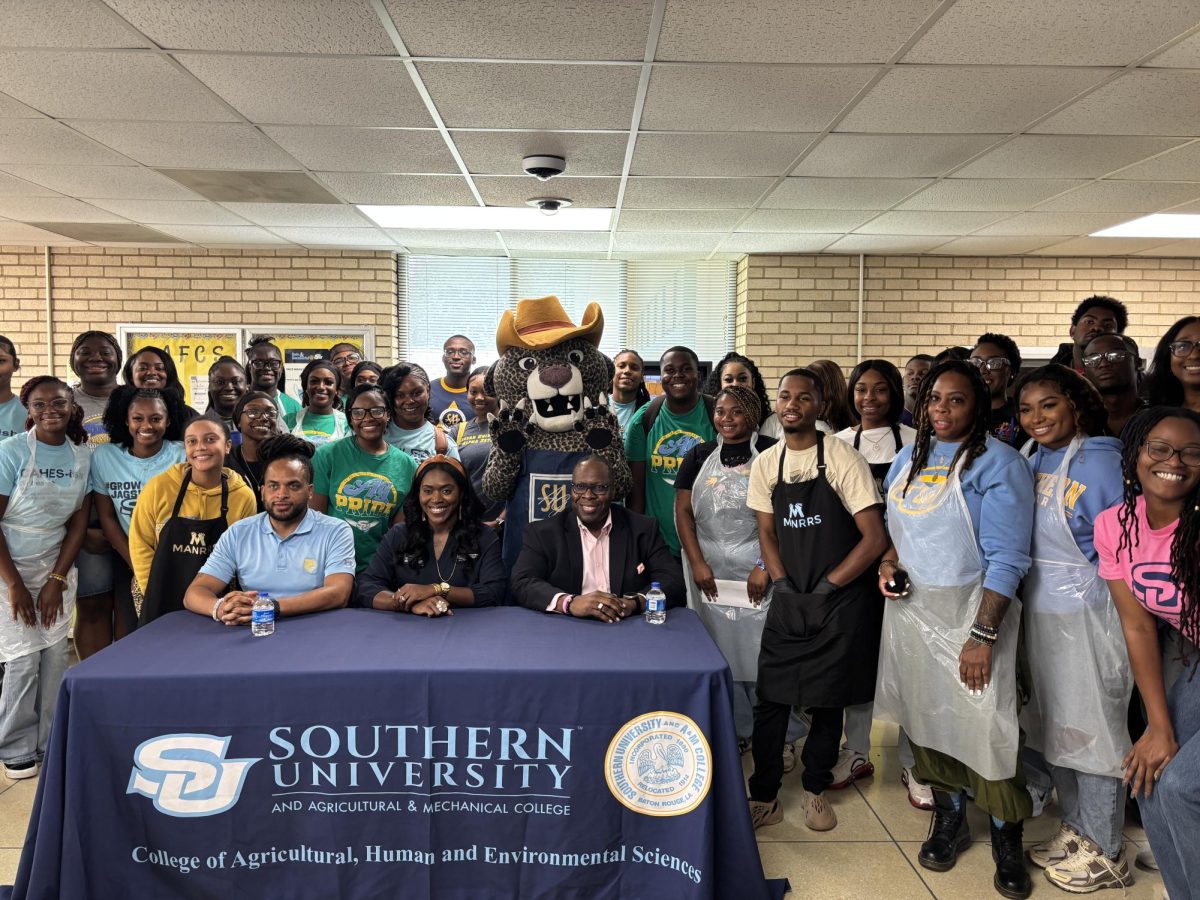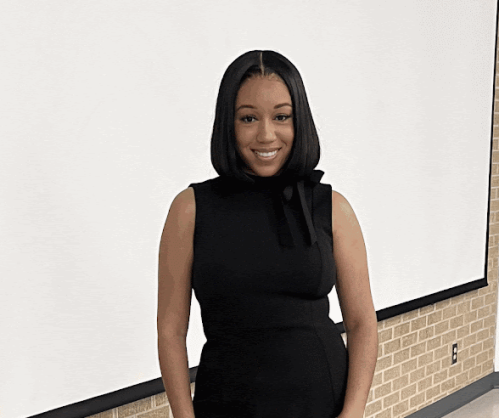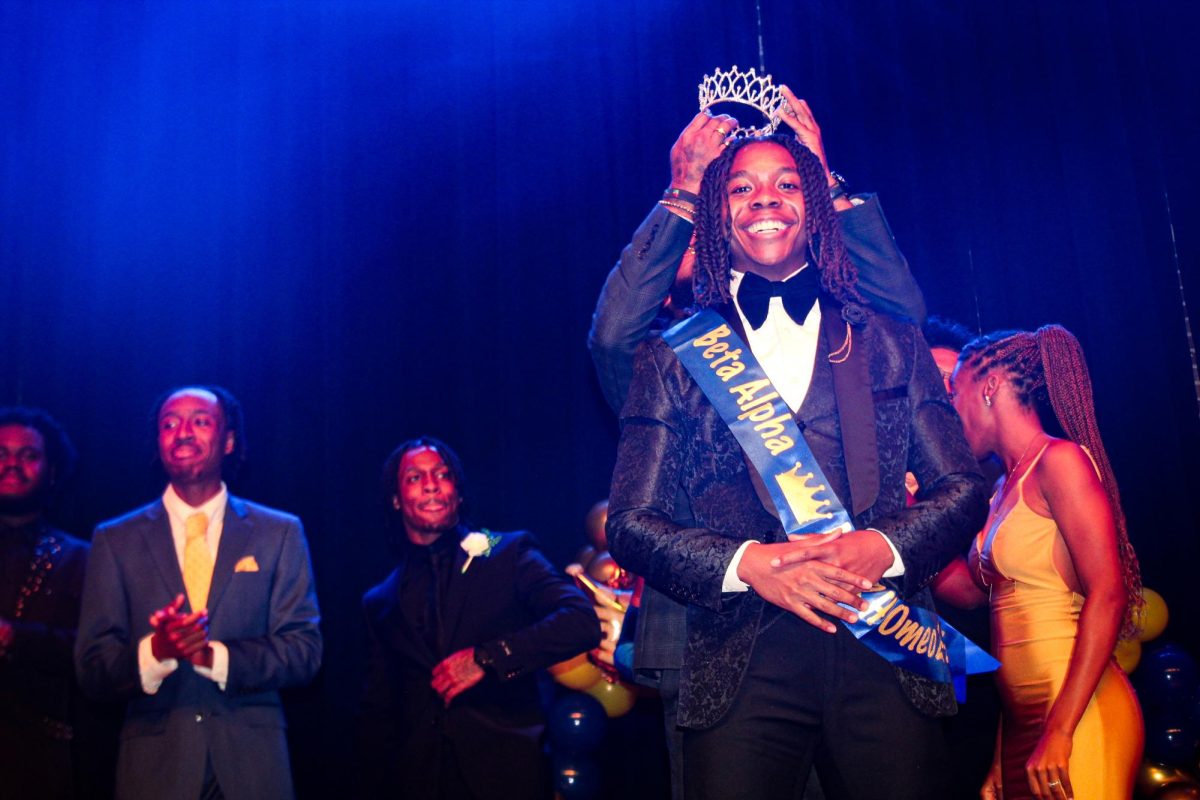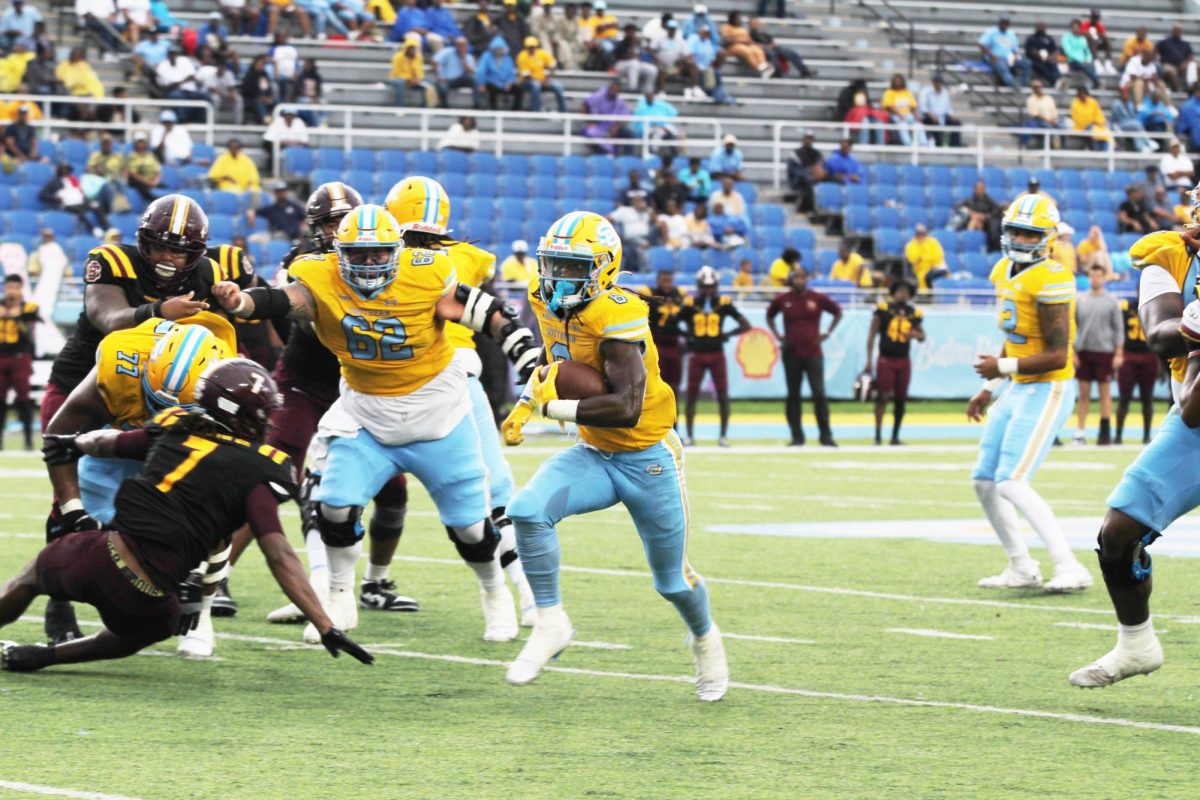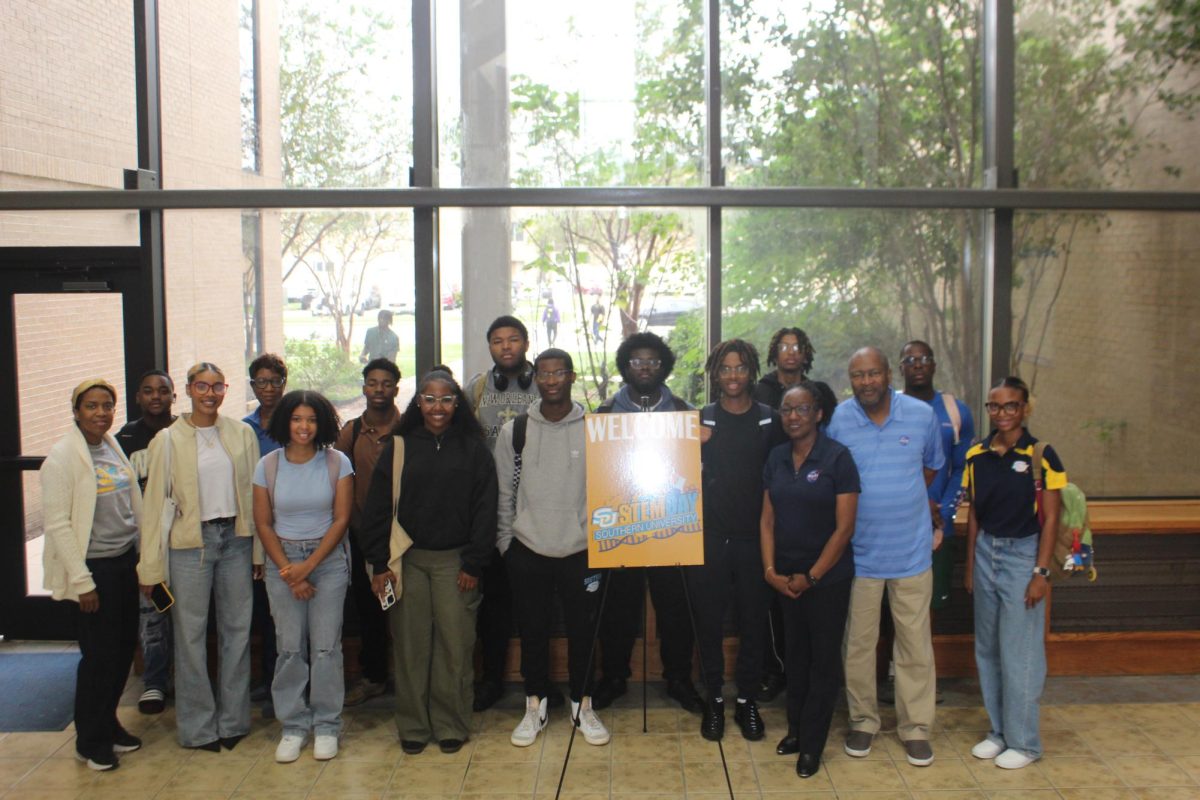Social media is the Holy Grail for communication with today’s generation. It has become so prevalent that some people even opt to communicate information many would consider to be private or personal via Twitter, rather than being “old fashioned” and phoning a friend or sending a text message. Social media is a great way to keep up to date with friends and family, share jokes, and spread information and news. But, with every platform that has the aptitude to spread good, there is always an equal opportunity to spread negativity.
In recent news, the chapter of the Sigma Alpha Epsilon fraternity at Oklahoma University gained a lot of media attention when social media exposed a nine-second video uploaded to YouTube that depicted members chanting racist lyrics to the tune of “If You’re Happy and You Know It.” As expected, the public did not react well to their racially insensitive expressions and through social media, awareness and disdain for their actions grew. In response, the national headquarters for SAE ordered the OU chapter to close and suspend all members. They also gave the foreboding warning that, “Those members who are responsible for the incident may have their membership privileges revoked permanently.”
Though this incident has brought about many questions concerning race relations, it has also sparked the conversation about how much regulation can be put on a college student’s social media activity. Though many people can agree that what those men said was both distasteful and offensive, the First Amendment protects our freedom of speech and gives United States citizens the right to express any opinions without censorship or restraint. By law, the boys guilty of participating in the racist SAE chant did “nothing” wrong, but were still subjected to punishment due to the negativity their chant spread through social media.
In less extreme cases of social media regulation, many college athletes’ Twitter, Instagram and Facebook accounts are monitored and regulated by coaches and staff. In some cases, team members are not allowed to use social media at all. From a university’s stand point, regulating their student’s social media is a way to protect the integrity of the university, and make sure that individualistic views do not outweigh the holistic views of the school itself. This debate is a frequent and ongoing one because of the fact that in this new social media age, we now have to decide how much regulation is appropriate for college students, and how much interference authority figures can run before the person is being denied their first amendment rights.
While decisions and opinions are still being formed, those who use social media should be aware of the power it holds, and acknowledge that what is done online can very well resurface in day to day life. Use common sense when choosing what to post, and be reluctant to post or repost anything involving illegal activities, bullying, violence or confidential information. Regardless of the settings on your profile, nothing is private.
Categories:
Social Media and the First Amendment
April 14, 2015
0
More to Discover
